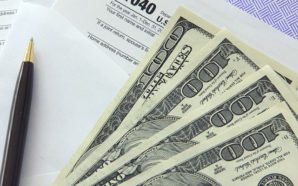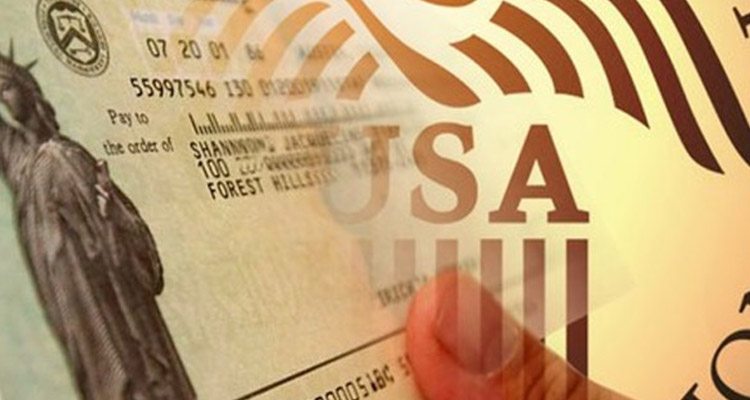Which State Requires the Most and the Least Retirement Taxes?

The amount that you will pay in retirement taxes would depend on your state of residence.
There is data from a new research from GOBankingRates which is a personal finance website that compiled information on sales, property taxes as well as income tax. They also researched if Social Security benefits are being taxed to identify which states would give retirees the biggest and smallest tax bills.
States that made it to the top of the list have one thing in common. They often have no state taxes on Social Security benefits and almost no income taxes or very low in any. According to Andrew DePietro who is a research and data analyst at GOBankingRates, states that do not have income tax and don’t tax Social Security are the best destination for retirees even if they didn’t make it to the top 5. Florida was rated number 7 but it is still considered number one among the most populous states.
According to the data, Alaska ranks number 1 among the 10, with only 1.76% state sales tax. There is no state tax on Social Security benefits and 0 income tax while property tax remains at 0.97%. Wyoming comes second followed by Delaware, New Hampshire, and Washington. Top 6 to 10 are: Nevada, Florida, South Dakota, Tennessee, and finally, Hawaii.
States that have high taxes on the above categories were at the bottom of the list. Among the least tax-friendly states, Nebraska was number one. It had 6.89% state tax sales and a whopping 5.01% in income tax. Though property tax is only at 1.60%, the state taxes Social Security benefits. How it works is that the taxpayer can subtract their Social Security pay that is included in federal AGI. That is if the AGI is lower or equal to $58,000 for married couples who file joint taxes or $43,000 for other taxpayers.
The top 2 to 10 of the least tax-friendly states are as follows: Top 2 is Minnesota, followed by Connecticut, Kansas, Missouri, Vermont, Rhode Island, New Mexico, West Virginia, and lastly, Utah. Minnesota has a 7.30% state sales tax. Social Security benefits are taxed to the extent that seniors are taxed at the federal level.
Retirement Taxes in Alaska
Here is why Alaska is the best destination for retirees and why it is the most tax-friendly for that matter. Alaska has not state income tax. They also do not tax income from Social Security retirement taxes as well as pension. Furthermore, they do not have state sales tax or estate tax and inheritance tax.

The taxes in Alaska are the lowest, especially for senior citizens. The state doesn’t have an income tax which means your Social Security benefits and pension (retirement taxes) payments will not be taxed at all. In fact, the state pays people just to live in Alaska permanently. The permanent fund dividend that goes to every resident of Alaska is often more than $1,000 per year.
However, there are 2 reasons a senior citizen might consider before they move to Alaska. First, the weather can be problematic. The winters in Alaska are known to be harsh. And second, although it is very tax-friendly, the cost of living is quite high. Living expenses like housing are 37% higher in Alaska compared to the rest of the United States along with utilities and transportation.
Nevertheless, the only significant local tax in Alaska is the property tax. 1.23% is the average effective rate all throughout the state. It is slightly higher than the average in the US. Still, a senior would benefit from exemptions. Though there is no statewide homestead exemption in Alaska, seniors are still exempt from paying property taxes in many cities. Persons at the age of 65 and older can be exempt up to $150,000 of their principal residence in Anchorage. So, some seniors may pay no property taxes at all if they own and live in a home that is less than $150,000 in worth.
Sales taxes are also very low. There is no statewide sales tax though cities can implement their own local tax rates. However, these only range from zero percent up to 7% and the average remains at 1.76%. there are no sales taxes in Anchorage.











